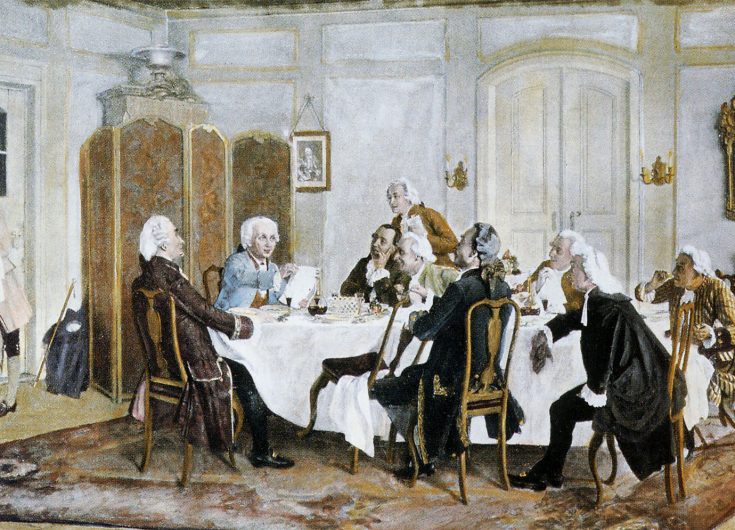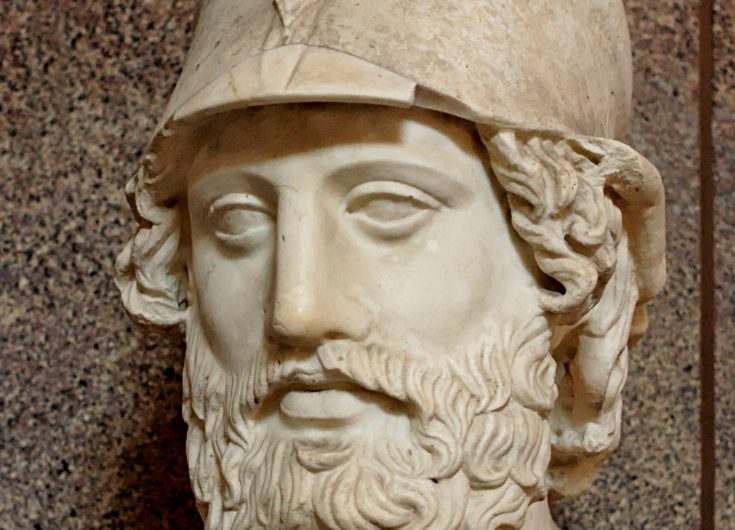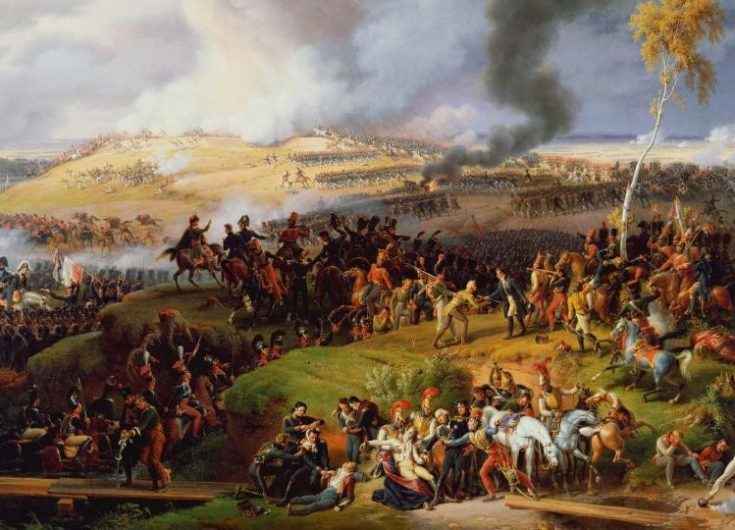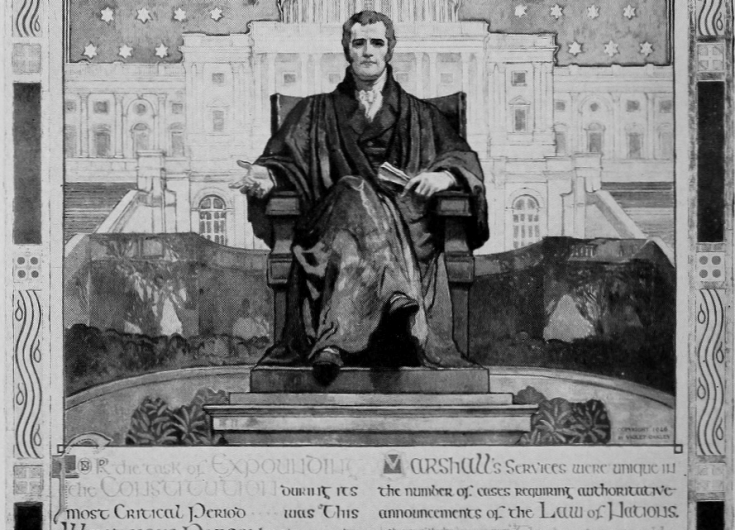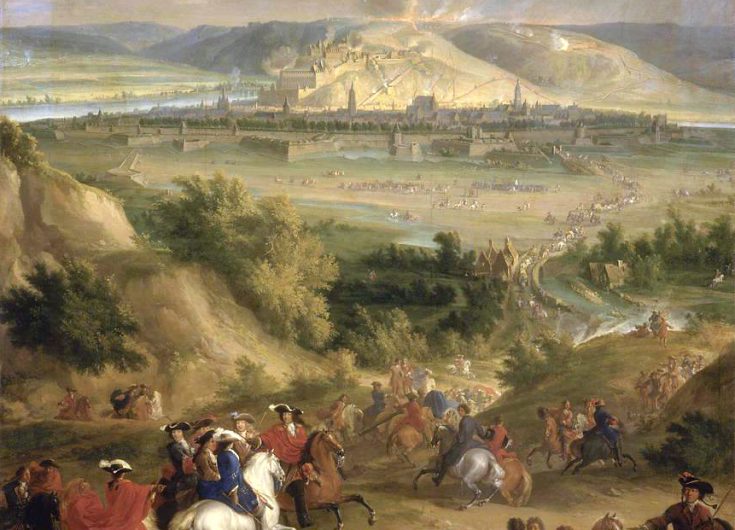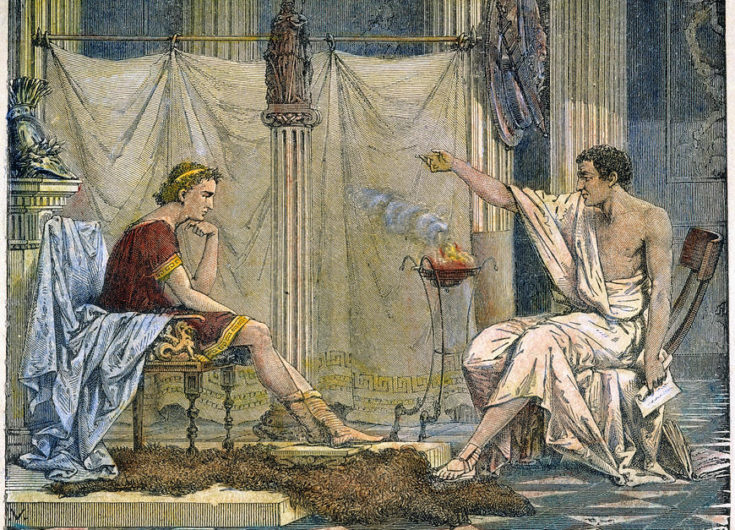

Aristotle and Foreign Policy: An Examination of the Common Good and its Effects in International Affairs
The purpose of this essay is not to give Aristotelian warrant for some crude version of Realpolitik. Its purpose is to show the deep significance of the political common good, and that acting morally requires a robust notion of the common good. The implication, I believe, is that we cannot approach international politics from the neutral standpoint of an outside observer, but from the standpoint of citizens and statesmen within real and existing political communities which have their needs, desires, and fears. Abstraction from this standpoint, according to Aristotle, is a kind of abstraction from political and ethical thinking. Likewise, it is difficult to see how one can actually approach the problems of the international system as a citizen of the world, say, rather than as a citizen of a real place. Acting justly and prudently has to do with how we act toward our fellow citizens first and foremost, rather than the great undifferentiated mass of humanity. Aristotle, then, gives a different account than Morgenthau regarding the place of the national interest. For while Morgenthau himself makes a deeply impassioned argument on behalf of the national interest with an eye toward alleviating the misery of totalizing war, Aristotle would remind us the fundamental purpose of the political community: the achievement of the common good. He reminds us that that pursuing the political common good is not the lesser of two evils, but rather a choiceworthy end, perhaps the most choiceworthy end.


